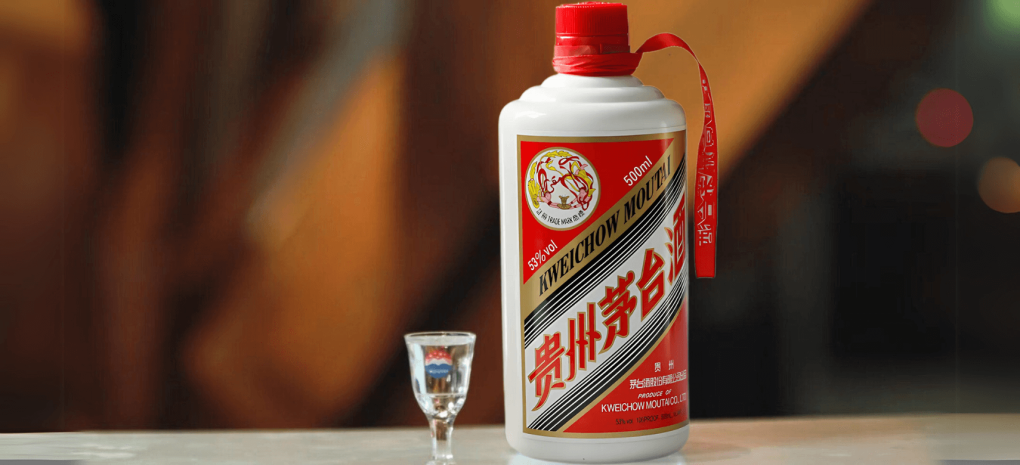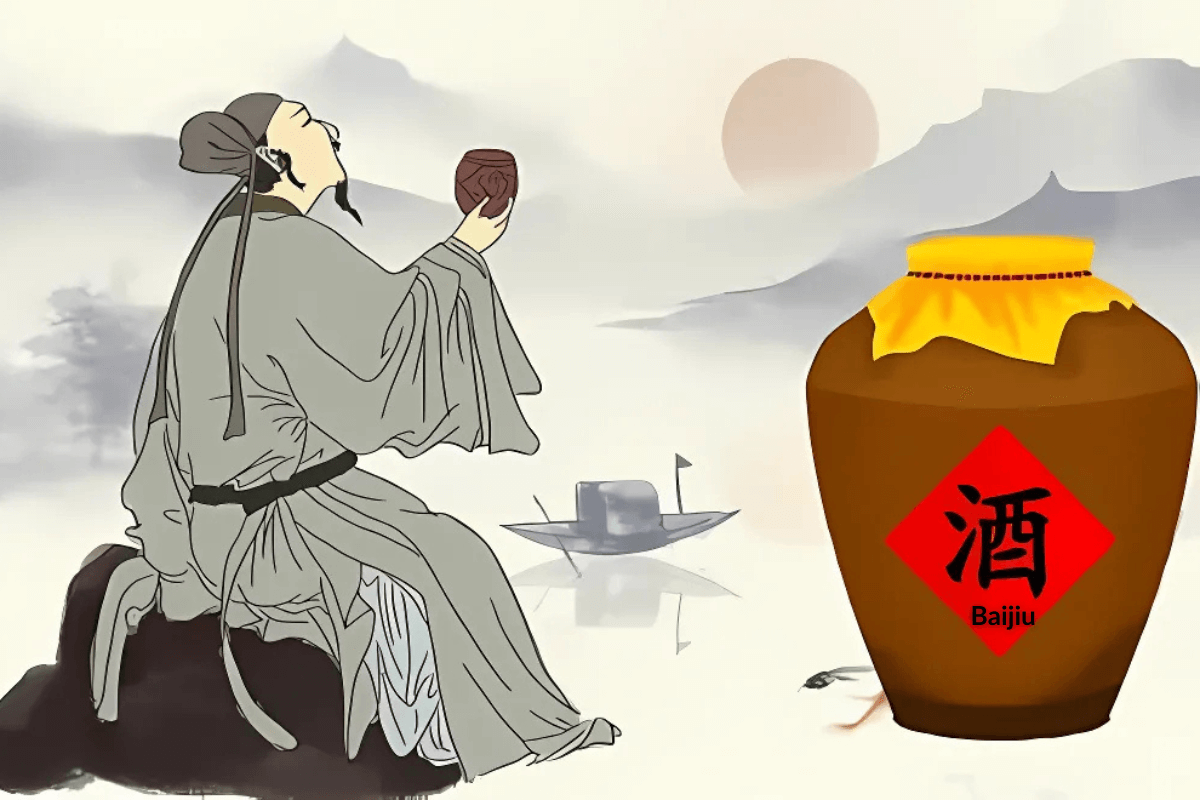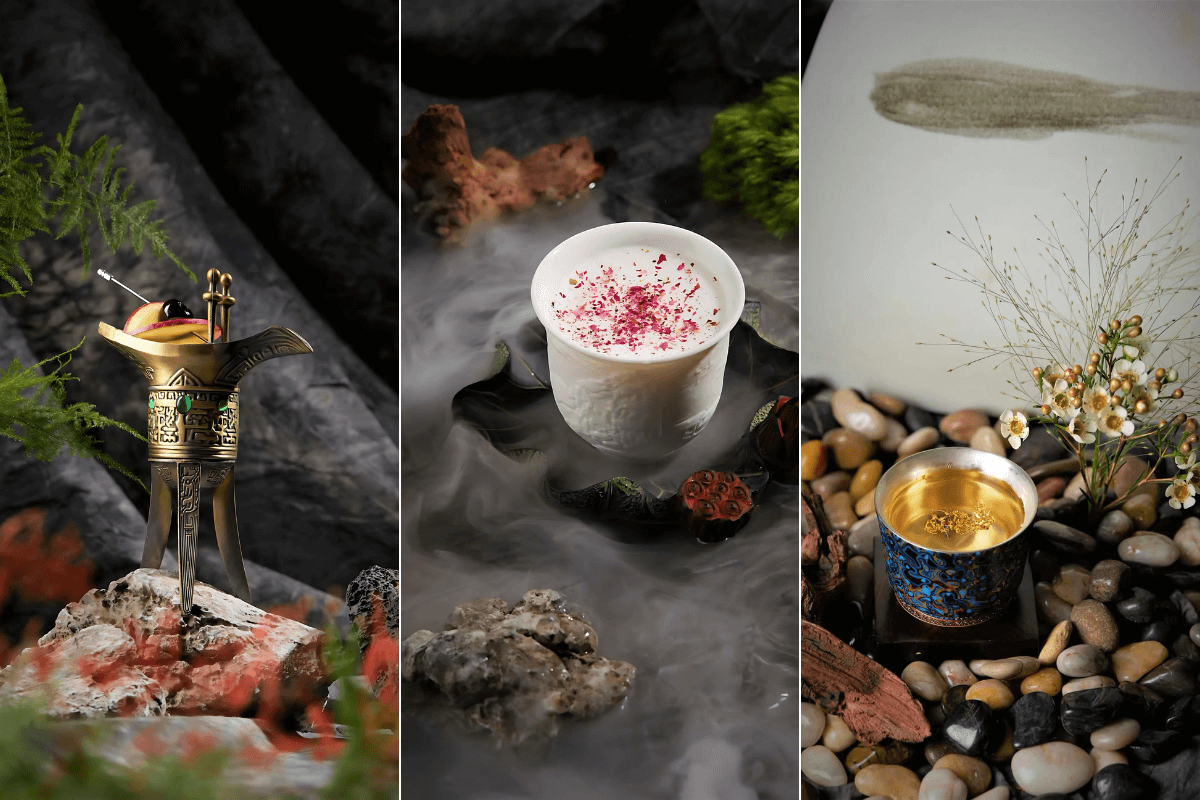
24/01/2025 Exploring the Rich Heritage, Craftsmanship, and Cultural Significance of China’s Iconic Spirit
In Chinese, the word “jiu” isn’t just about alcohol—it’s a bridge to the past. Rooted in ancient rituals and traditions, “jiu” once referred to the earliest fermented beverages shared during ceremonies or used as offerings to the gods. Over time, the term evolved, and Baijiu, meaning “white liquor,” emerged as a standout expression of this heritage.
When I first encountered Baijiu, I was hesitant. Like many people unfamiliar with it, I had heard stories about its fiery strength and wasn’t sure what to expect. But as I began exploring different Baijiu styles, I was amazed by its diversity and complexity. Baijiu isn’t a one-note spirit; it’s a vast and intricate world that deserves appreciation. Today, it stands as the most consumed spirit globally, a remarkable achievement for something so deeply tied to one nation’s heritage.
Baijiu’s history is deeply intertwined with the story of China itself. It has been a companion to emperors, poets, and ordinary citizens alike, marking moments of joy and togetherness. One of the most enduring stories belongs to Li Bai, the revered “Poet Immortal,” who celebrated Baijiu as both a muse and a friend. His poetry often reflected the spirit’s ability to inspire creativity and foster connection, whether through vivid verses shared at banquets or his legendary attempt to catch the moon’s reflection after a night of Baijiu-fueled revelry.
During my little over three years living in China, I was fortunate to experience the richness of its traditions and culture. I vividly remember sitting at round tables with friends and family, a bottle of Baijiu at the center, enhancing the warmth of the evening. Baijiu is almost always consumed with food during these gatherings, and it transforms a simple dinner into something special, emotionally connecting everyone at the table. These moments made me realize that Baijiu is not just a drink—it’s a social bond, a cultural cornerstone.

Pictured: China’s most famous poet Li Bai. Courtesy China Educational
Crafting Baijiu
What sets Baijiu apart is its complex and artisanal production process, honed over centuries. The journey begins with qu, a fermented grain cake that serves as both the source of yeast and the foundation of Baijiu’s distinctive flavors. Qu is mixed with grains like sorghum, wheat, or rice and left to ferment in a variety of containers, from clay vats to underground pits. This fermentation, often influenced by regional microclimates, creates the unique aromatic profiles that define Baijiu. Unlike most spirits, Baijiu undergoes parallel fermentation and distillation, a process that transforms raw ingredients into rich and multifaceted flavors.
During my time in China, I became deeply fascinated with Baijiu production. I sought out professionals across the country, asking endless questions to understand this intricate process. The most impactful of these encounters was with Mr. Li, a Baijiu master distiller and blender. He patiently shared his expertise and insights with me, and I’ll never forget his words: “Tural, western spirits are made by people, but Baijiu is made by nature.” He was referring to how microclimates—temperature, humidity, and local microorganisms—play a pivotal role in shaping Baijiu’s flavor and aroma. This connection to the environment makes Baijiu truly unique among spirits.
[[relatedPurchasesItems-31]]
The Role of Microclimates
China’s vast geography plays a critical role in shaping Baijiu’s character. In the northern regions, cooler climates and specific soil conditions create light and crisp styles, while in the warmer southern areas, humid conditions contribute to rich, complex profiles. Microorganisms native to each region interact uniquely with the fermentation process, making every bottle of Baijiu a reflection of its birthplace.
Flavor Profiles
Baijiu is not a single flavor or style—it’s a family of spirits as diverse as the regions that produce them. From the strong aroma (Nongxiang) Baijiu of Sichuan, with its bold and savory notes, to the light aroma (Qingxiang) Baijiu of Shanxi, known for its subtlety, every variety offers a distinct experience. The sauce aroma (Jiangxiang) Baijiu of Guizhou, with its rich umami-like flavors, is particularly renowned, often likened to fine aged cheese or soy sauce.
These profiles are shaped not just by the grains and production methods but also by the vessels used for fermentation and aging. Clay pots, wooden casks, and even mud pits lend their own characteristics, making Baijiu one of the most complex spirits in the world.

Image: Signature cocktails exclusively using Baijiu as the base spirits. Cocktail Images Courtesy: Tural Hasanov
Conclusion
Baijiu is more than just a drink—it’s a living piece of history, carrying with it the traditions, stories, and expertise of countless generations. Its flavors are challenging yet rewarding, and its production reflects a deep harmony with nature.
At The Ritz-Carlton in Shanghai, we created a signature cocktail menu exclusively using Baijiu as the base spirit. It was both exciting and challenging—Baijiu’s bold flavors often overwhelmed the other ingredients. Yet, this experience further deepened my respect for Baijiu as a spirit that demands understanding and skill.
Header Picture: Kweichow Moutai – China’s most famous Baijiu brand and one of the world’s most valued alcohol brand.
Also Read:
The Best Tequilas from the Bartender Spirits Awards 2024: A Curated Selection for Your Bar
Top Mezcals from the Bartender Spirits Awards 2024 to Elevate Your Bar
Top 10 Best Gins for the Trending Ramos Gin Fizz



